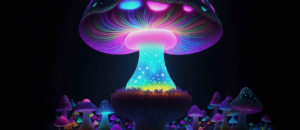
How Long Do Shrooms Stay in Your System and Can They Cause a Failed Drug Test Result?
Shrooms, magic mushrooms, psilocybin, whatever you call them—they’ve earned their spot as the cool, mystical fungi that can take you on a journey through vibrant
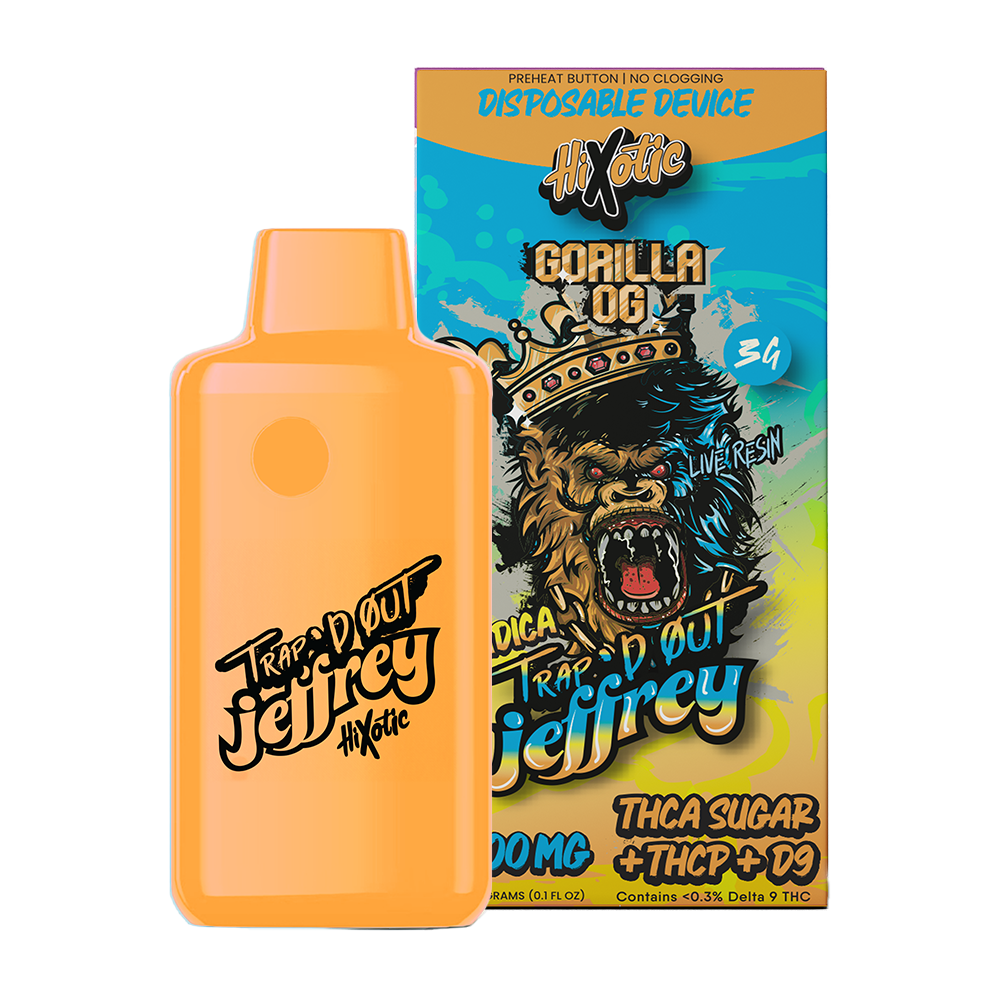


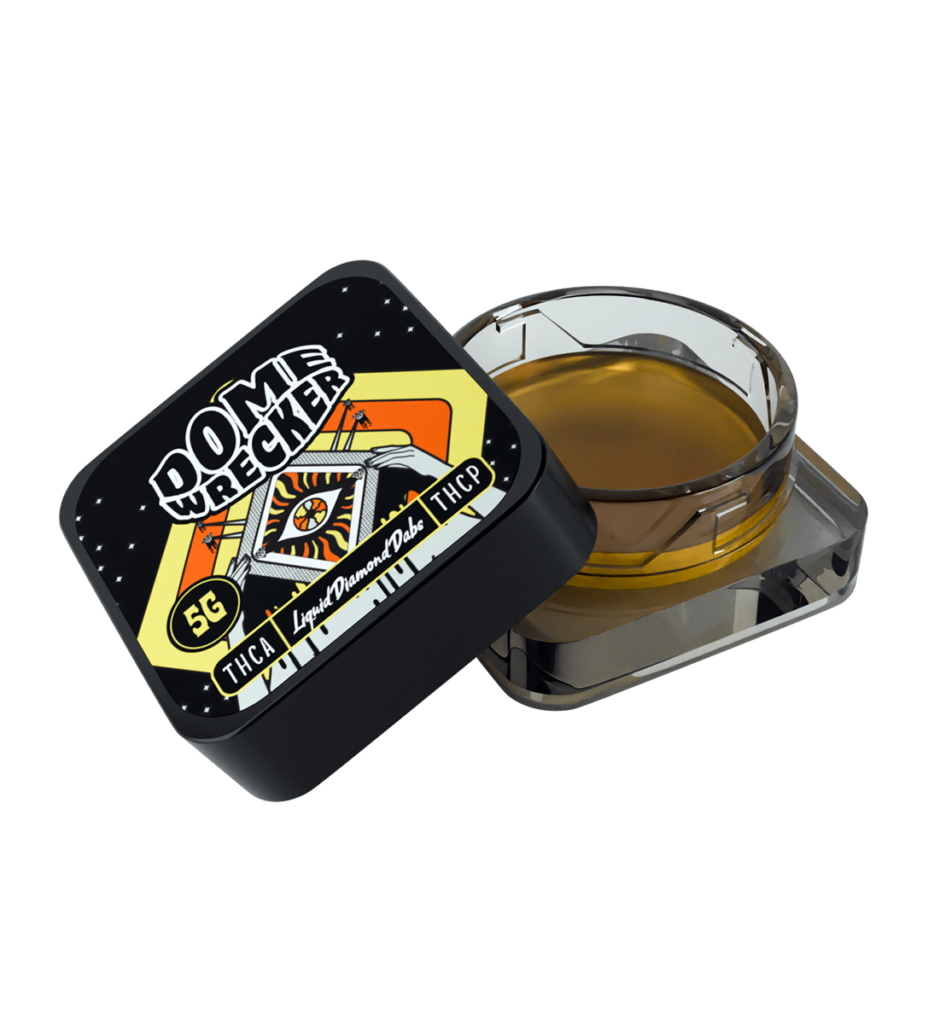
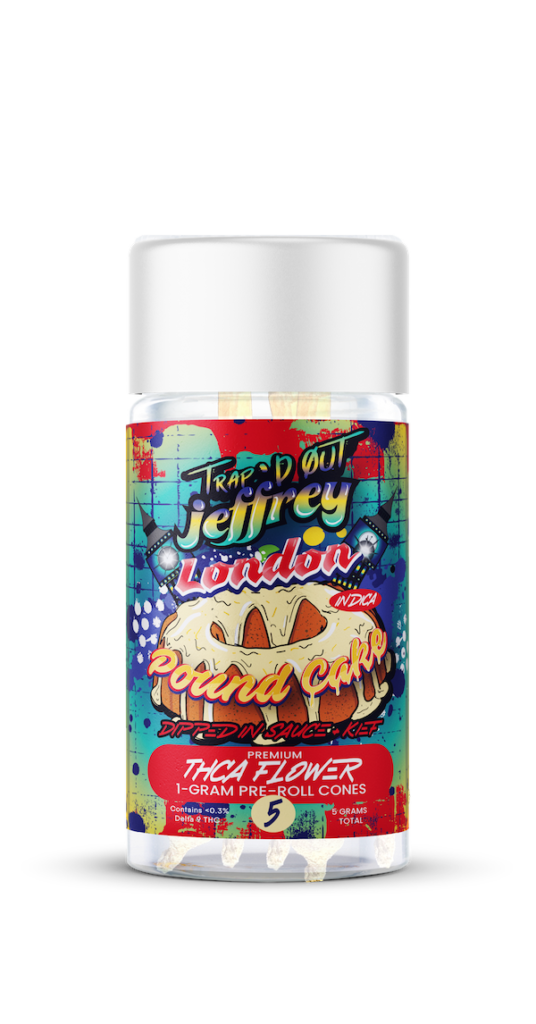
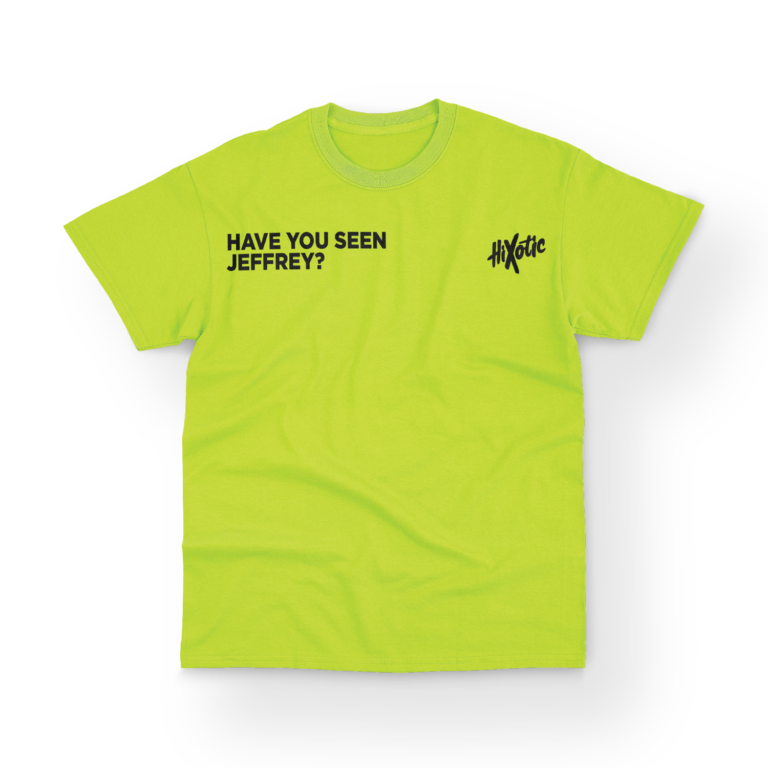

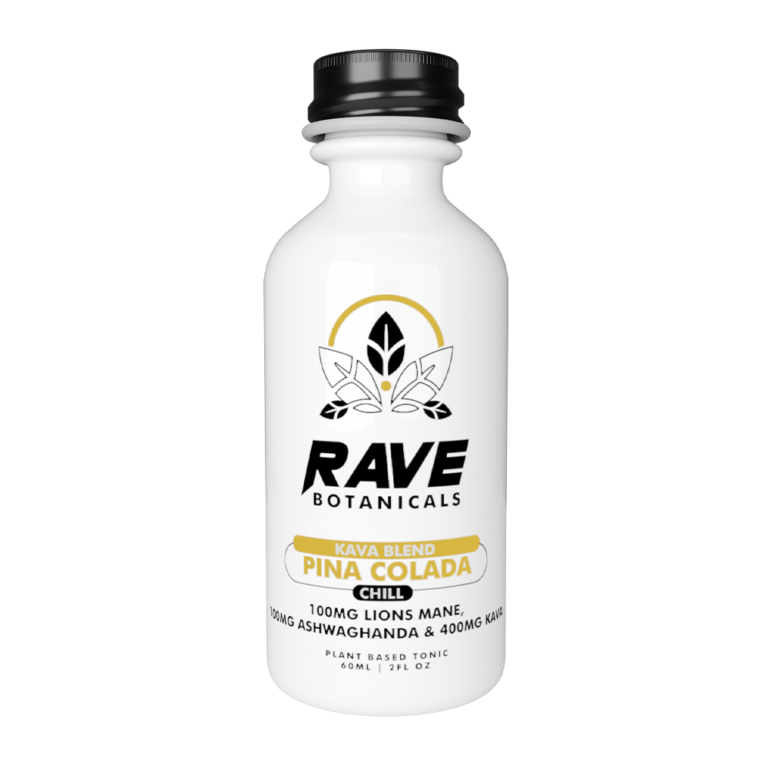
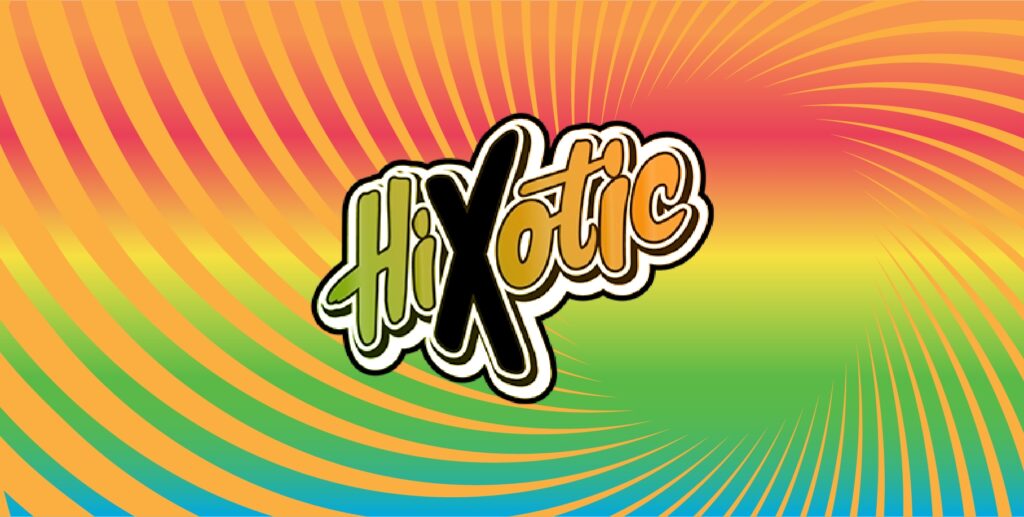
Did you know there are lots of cannabinoids entering our awareness right now? It’s mainly due to the incredible discoveries made by cannabis researchers with the latest technology at their disposal. One of the most exciting cannabinoids to hit the hemp marketplace recently is THC-B. Thus cannabinoid essentially guarantees a spectacularly strong high that goes above and beyond what “regular” cannabis can provide.
Now, if THC-B is a cannabinoid you have yet to explore, you might not be sure what it feels like, whether or not it’s safe, or where you can even buy it from. But, we’re here to help. We did the hard work for you by covering everything you need to know about this cannabinoid. From what kind of high you can get to its relatively complicated legality that determines whether or not you can partake of it based on where you live, to everything else in between.
Tetrahydrocannabutol (THC-B) is a cannabinoid that was only isolated in the last few years. However, it’s a naturally occurring cannabinoid found in the hemp plant, in very trace amounts. THC-B has a butyl side chain, hence its name, but little else is known about its chemical structure or properties. It’s an isomer and homologue of delta 9 THC, as it also has 7 double bond isomers, and 20 stereoisomers.
THC-B is most definitely a psychoactive cannabinoid, as we recognize based on its chemical structure, as well as what we’ve heard from the many people who have used it. Tetrahydrocannabutol does attach to the brain’s CB1 receptors that are responsible for the intoxication we feel from THC.
It’s important to understand that tetrahydrocannabutol’s high is stronger than that of delta 9’s, because the chemical structure of the cannabinoid allows it to attach to these cannabinoid receptors more effectively. Basically, each time you consume THC-B, a higher concentration of that cannabinoid is directly interacting with the very receptors that get you high. It’s not the most intoxicating cannabinoid in cannabis – that’s THC-P – but it does come close, which means you should go lightly if you don’t have a well-developed THC tolerance yet.
As for how the high feels, what we know is that it’s described as being very uplifting, and capable of bringing you into a state of total euphoria and increased focus. Of course, the strain plays a big role in the specific nature of your high.
Good question. THC-B, like other cannabinoids, has the potential to influence drug test results, depending on the specificity of the test. Most standard drug tests are designed to detect the presence of THC. Specifically, these tests typically look for metabolites of THC, which’re compounds produced when THC is broken down in the body.
Tetrahydrocannabutol, being a variant of THC, could potentially lead to a failed drug test if the test is sensitive enough to detect its specific metabolites or if it cross-reacts with the more common THC metabolites. The likelihood of failing a drug test due to tetrahydrocannabutol depends on several factors, including the sensitivity and specificity of the test, the amount of it consumed, the frequency of use, and individual metabolic differences.
Drug tests vary in their sensitivity and specificity. Some tests are designed to detect a broad range of cannabinoids, while others are more targeted. The most common types of drug tests include:
The exploration of tetrahydrocannabutol and its effects underscores the growing interest and ongoing discovery within the realm of cannabinoids. Despite THC-B’s potential, it’s still relatively new to the scientific community, and research into its effects and benefits is in the early stages. The compound was discovered by Italian scientists around 2019 and is found naturally in hemp, being a psychoactive cannabinoid with a strong affinity for CB1 and CB2 receptors in the brain As with any cannabis product, individual responses to THC-B can vary, and it’s important to begin with a low dose and monitor its effects carefully. Also, if you plan on using it initially, it’s recommended to have a conversation with your doctor first.
THC-B has undergone only limited research into its potential benefits. So, we’re sort of lacking a more comprehensive “benefits” list so far. What has been shown is that the cannabinoid may play a role in pain relief and inflammation regulation. Otherwise, we’re waiting for more research to come out.
However, THC-B is closely related to delta 9 THC, and many THC isomers share certain potential benefits in common. So, with more research, it’s possible that we’ll learn that it could offer:
Like all cannabinoids, THC-B is nontoxic, which is why no serious adverse effects have been reported from this cannabinoid or any others, so far. Still, taking a cannabinoid can cause mild, temporary side effects, which may include:
THC-B is a legal derivative of the hemp plant under federal law (2018 Farm Bill). Once this bill was passed, it allowed for the legalization of hemp derivatives, assuming they contain no more than 0.3% delta 9 THC by dry weight. Of course, tetrahydrocannabutol is an intoxicating cannabinoid and an isomer of THC, but the federal government classifies it as a different cannabinoid, and it therefore complies, legally.
However, a number of states have banned THC isomers, which include tetrahydrocannabutol. While this cannabinoid isn’t explicitly banned in any one state, certain state laws such as the one’s below have clearly prohibited THC compounds:
You can buy THC-B in various product forms. This is the result of isolating the cannabinoid and producing a distillate (a pure extract) that can be incorporated into all kinds of product types. Let’s take a look at the most common types of products you can find today.
Tetrahydrocannabutol is a one-of-a-kind cannabinoid that has been getting loads of hype. This is all thanks to its profoundly satisfying psychoactive effects, and its potential benefits. If you’re ready to see what all of the fuss is about, HiXotic has crafted some stellar THC-B products that can satisfy your cannabinoid cravings, pairing this powerful cannabinoid with only the most exceptional strains. Check out this awesome collection today!

Shrooms, magic mushrooms, psilocybin, whatever you call them—they’ve earned their spot as the cool, mystical fungi that can take you on a journey through vibrant

Mushrooms have taken the health and wellness scene by storm. From functional mushrooms like Lion’s Mane and Reishi to psychedelic varieties making their way into